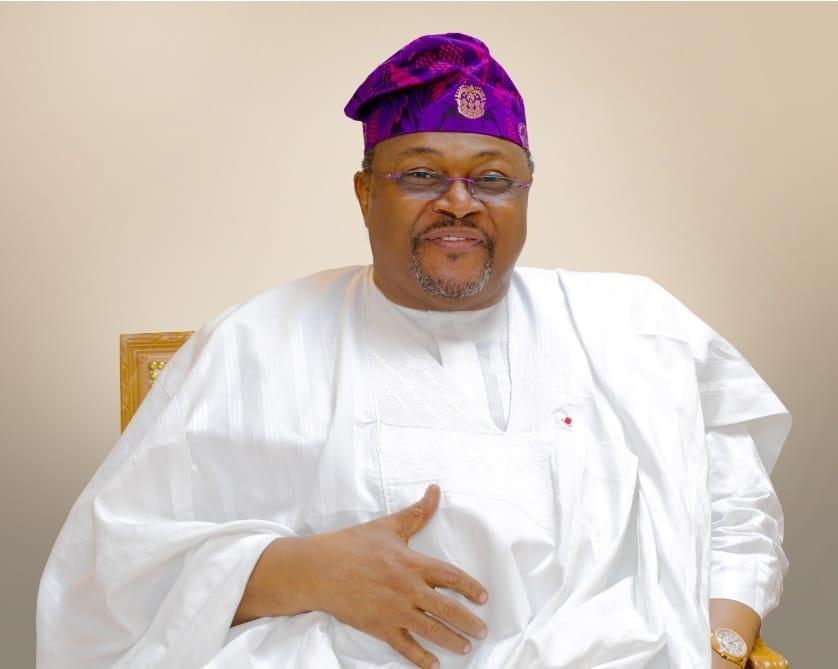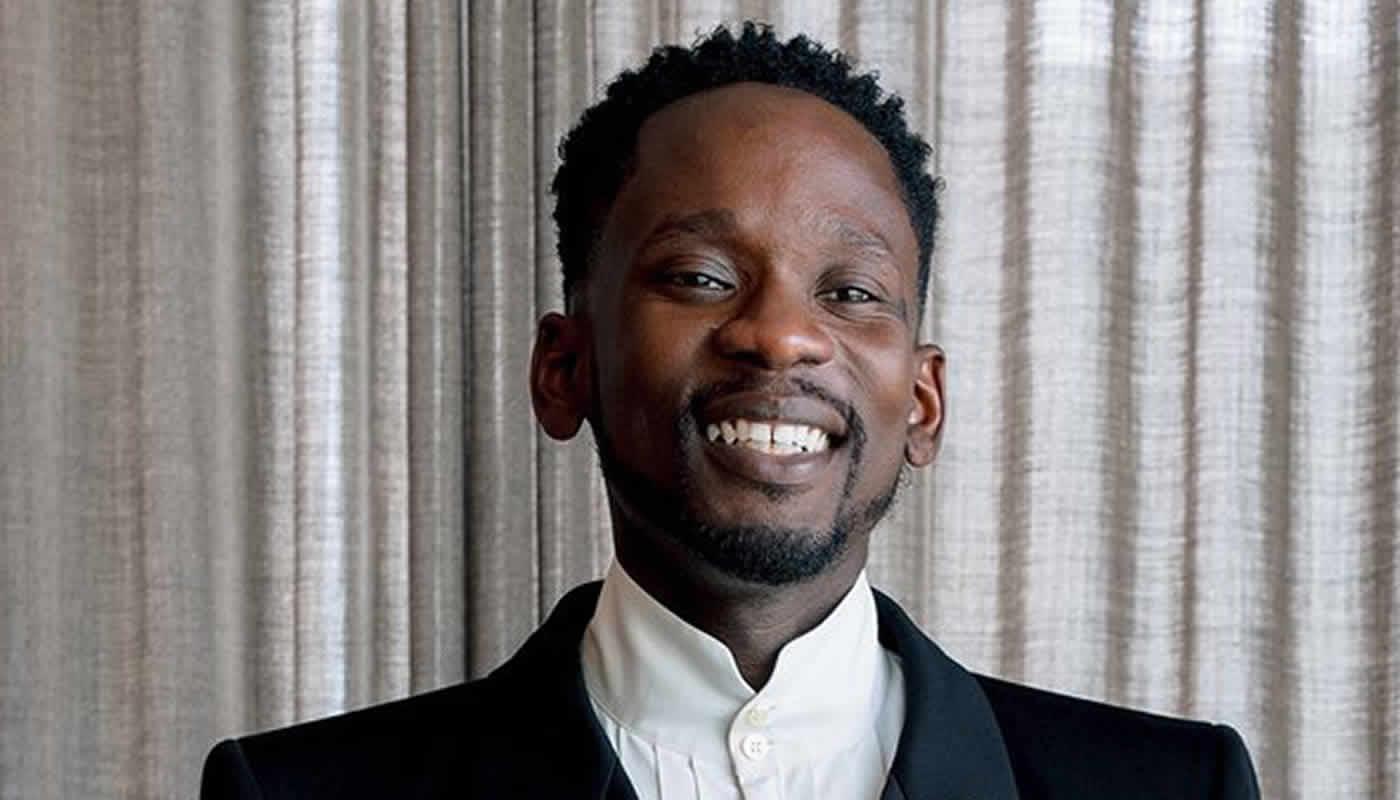Explore Our Bill Payment Services:

- Biography
- Nigeria
Mike Adenuga: Biography, Net Worth, And Business Career
Early Life and Education
Michael Adeniyi Agbolade Ishola Adenuga Jr., popularly known as Mike Adenuga, was born on April 29, 1953, in Ibadan, Oyo State, Nigeria. He grew up in a modest but disciplined home that valued education, hard work, and ambition. His father, Michael Agbolade Adenuga Sr., was a respected schoolteacher, while his mother, Juliana Oyindamola Adenuga, was a successful businesswoman from a royal Ijebu lineage. From his mother, he learned the art of business; from his father, he inherited the love for discipline and learning.
Adenuga attended Ibadan Grammar School, where he stood out for his determination and curiosity. After completing his secondary education, he earned his Higher School Certificate (HSC) from Comprehensive High School, Aiyetoro. Eager to expand his horizon, he travelled to the United States for further studies. There, he obtained a degree in Business Administration from Northwestern Oklahoma State University and later earned an MBA from Pace University, New York.
While studying abroad, Adenuga didn’t live the comfortable life one might expect of a future billionaire. He worked as a taxi driver to pay his tuition fees — a humbling experience that shaped his strong work ethic and resilience. This period of his life taught him that success doesn’t come easy; it must be earned through grit and sacrifice.
Early Business Ventures and Rise to Wealth
Upon returning to Nigeria, Mike Adenuga was determined to make his mark. He started small, venturing into importation and trading — dealing in lace materials and soft drinks. These were not glamorous businesses, but they provided the foundation for his future empire. By the age of 26, Adenuga had already made his first million naira, a remarkable achievement at the time.
His business instincts were sharp. He understood the Nigerian market and knew how to spot opportunities others ignored. In 1990, Adenuga took a bold step into the oil industry, one of the most competitive sectors in Nigeria. He obtained a drilling license and soon founded Consolidated Oil Company, now known as Conoil Producing Limited.
Just a year later, in 1991, Conoil became one of the first indigenous oil companies in Nigeria to discover oil in commercial quantities from shallow waters in Ondo State. This achievement wasn’t just a personal triumph; it was a national milestone. It proved that Nigerians could compete with international oil giants in exploration and production.
Not stopping there, Adenuga diversified again — this time into telecommunications. In 1999, he obtained a conditional GSM license. Though it was later revoked, he didn’t give up. When the Nigerian government auctioned new licenses in 2003, he won one and launched Globacom, fondly called Glo.
The Rise of Globacom and Business Empire
Globacom quickly became one of Nigeria’s largest and most successful telecom companies. It challenged existing industry players by offering affordable data plans and competitive call rates, forcing competitors to rethink their pricing models. Glo’s slogan, “Rule Your World,” captured Adenuga’s vision of empowering Africans through connectivity.
Under his leadership, Globacom expanded beyond Nigeria, reaching countries like Ghana, Benin Republic, and Côte d’Ivoire. Today, Glo is recognized as one of the largest indigenous telecom operators in Africa, with millions of subscribers and a strong brand presence.
Apart from Glo and Conoil, Adenuga’s business interests stretch across various industries. He once had a significant stake in Equitorial Trust Bank (which later merged with Sterling Bank), and he has made several investment moves across finance, real estate, and energy. In 2015, he reportedly made a $600 million bid to acquire an Ivorian telecom operator, Comium Côte d’Ivoire — a sign of his ambition to grow Globacom’s footprint across Africa.
Business Strategy and Philosophy
Mike Adenuga’s rise to billionaire status was not accidental; it was the result of strategic diversification, timing, and resilience.
-
Diversification: Adenuga never put all his eggs in one basket. From lace trading to oil, telecoms, and banking, his investments spread across high-value sectors.
-
Indigenization: At a time when foreign companies dominated Nigeria’s oil and telecom industries, Adenuga championed local ownership. His success with Conoil and Glo showed that Nigerians could run world-class businesses.
-
Opportunity and Persistence: Adenuga has always known when to seize an opportunity. Even when his first GSM license was revoked, he didn’t retreat. Instead, he came back stronger with Glo in 2003.
-
Expansion: Adenuga’s companies have expanded beyond Nigeria’s borders, reinforcing his dream of African economic self-reliance.
-
Philanthropy and Recognition: Over the years, Adenuga has funded scholarships, community projects, and humanitarian initiatives — though often quietly. His numerous awards, including the Grand Commander of the Order of the Niger (GCON) and Commander of the Legion of Honour (France), highlight his contributions to national and international development.
-
Resilience: Adenuga has faced several challenges, including regulatory battles and legal issues, such as his brief detention by the EFCC in 2009. Despite setbacks, he has maintained his composure and continued to grow his empire.
Net Worth and Global Ranking
As of 2025, Mike Adenuga’s estimated net worth ranges between $6 billion and $8 billion, making him the second-richest person in Nigeria, after Aliko Dangote. His wealth primarily comes from his holdings in Globacom and Conoil, both of which have proven resilient despite Nigeria’s volatile economy.
In 2024, Adenuga’s net worth was reported to be around $7.4 billion, before dipping slightly in 2025 due to currency fluctuations and oil market changes. Despite this, he remains one of Africa’s top five richest billionaires and continues to wield enormous influence in the continent’s business landscape.
Challenges, Controversies, and Setbacks
Mike Adenuga’s path has not been free of obstacles. His GSM license was once revoked, forcing him to start afresh in 2003. His companies have faced regulatory scrutiny, debt challenges, and fluctuating oil prices. He also faced investigation by the Economic and Financial Crimes Commission (EFCC) in 2009, which led to his temporary self-exile. However, he later returned to Nigeria after being cleared.
Adenuga’s empire has weathered economic storms, currency devaluations, and stiff competition. Yet, through all these, he has remained remarkably private, preferring to let his work speak for him.
Personal Life and Recognition
Mike Adenuga is a man of few words but many titles. He is known as the Otunba Apesin of Ijebu, a title of high honor in his hometown. He has been married twice and is a father to seven children, several of whom are involved in his business empire.
His achievements have earned him both local and international recognition. In 2019, he was listed among the Top 100 Most Influential Africans. He holds Nigeria’s Grand Commander of the Order of the Niger (GCON) — the same rank held by vice presidents — and France’s Commander of the Legion of Honour.
Despite his wealth and influence, Adenuga remains remarkably private, rarely granting interviews or making public appearances. His humility and low profile have earned him the nickname “The Bull,” symbolizing strength, determination, and quiet power.
Key Assets and Investments
-
Globacom (Glo): A telecom powerhouse offering voice, data, and internet services across several West African countries.
-
Conoil Producing Limited: One of Nigeria’s pioneering indigenous oil companies, involved in exploration, refining, and marketing.
-
Real Estate Holdings: Adenuga owns luxury properties in Lagos, Abuja, and abroad, including mansions in Banana Island and Ikoyi.
-
Banking Interests: Previously owned Equitorial Trust Bank, later merged with Sterling Bank.
Impact and Legacy
Mike Adenuga’s influence goes far beyond the boardroom. Through Globacom, he revolutionized Nigeria’s telecom industry, making mobile communication affordable to millions. His company was the first to introduce per-second billing, a move that forced competitors to follow suit and gave consumers better value for money.
Through Conoil, he proved that Nigerian entrepreneurs could succeed in the oil and gas sector without depending solely on foreign companies. His businesses have created thousands of jobs and contributed significantly to Nigeria’s GDP.
Beyond business, Adenuga has quietly funded educational scholarships, community development projects, and cultural initiatives — though he rarely publicizes his philanthropy.
Recent Developments and Outlook
In recent years, fluctuations in global oil prices, naira devaluation, and changes in Nigeria’s economic policies have affected Adenuga’s overall net worth. Still, his businesses continue to perform strongly. Globacom remains a dominant player in Nigeria’s telecom market, while Conoil maintains steady operations in oil exploration and marketing.
As Nigeria moves toward a digital and diversified economy, Adenuga’s long-term vision continues to position him as a key player in Africa’s private sector growth story.
Conclusion
Mike Adenuga’s journey from a young Nigerian who drove taxis in New York to fund his education to one of Africa’s most powerful billionaires is nothing short of inspirational. His story is one of resilience, ambition, and vision. From trading lace fabrics to building oil wells and telecom networks, Adenuga has redefined what it means to be a Nigerian entrepreneur.
Through grit and determination, he built an empire that not only made him immensely wealthy but also transformed millions of lives across Africa. Despite challenges, his humility, discipline, and drive for excellence have cemented his legacy as one of Nigeria’s greatest business icons.









